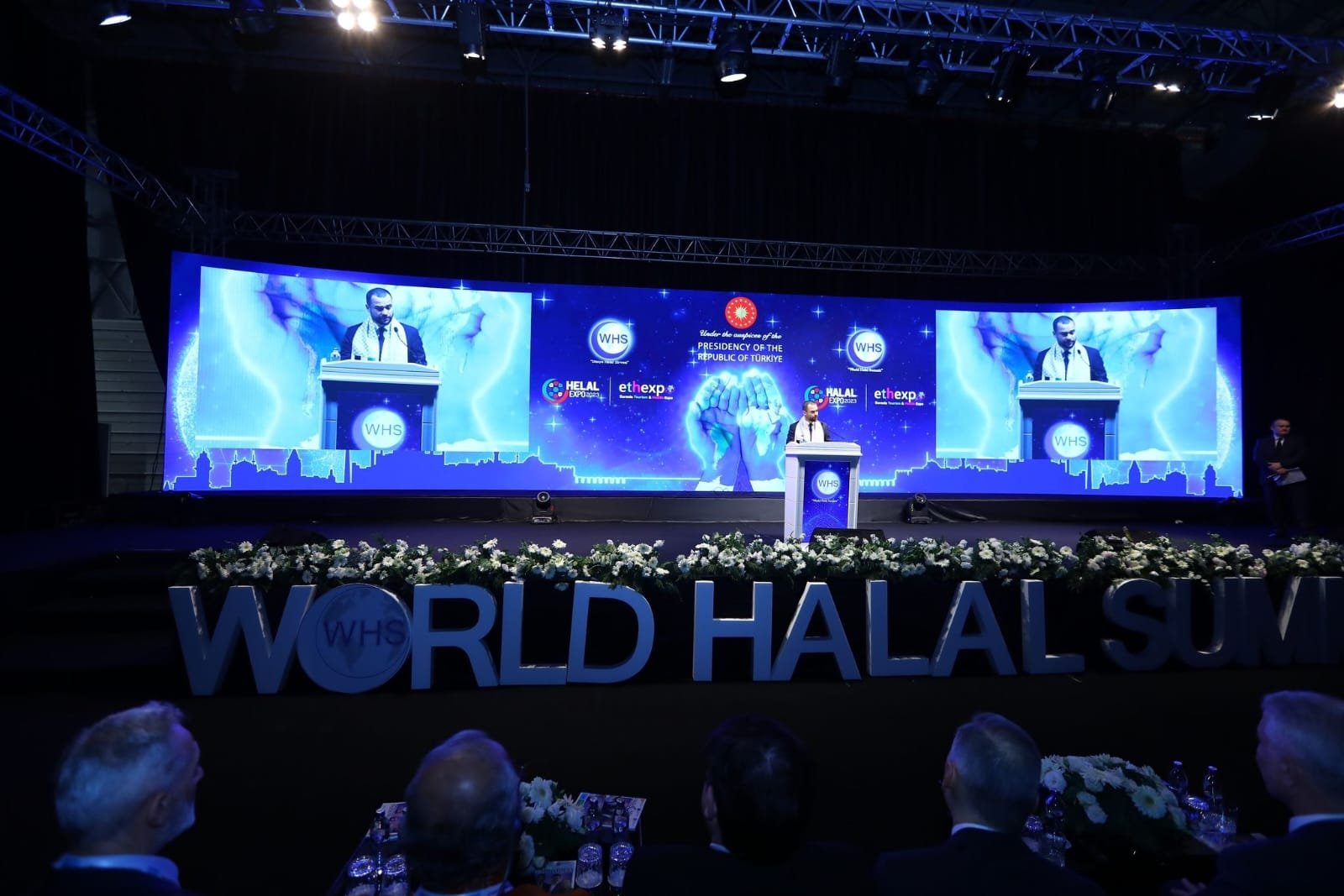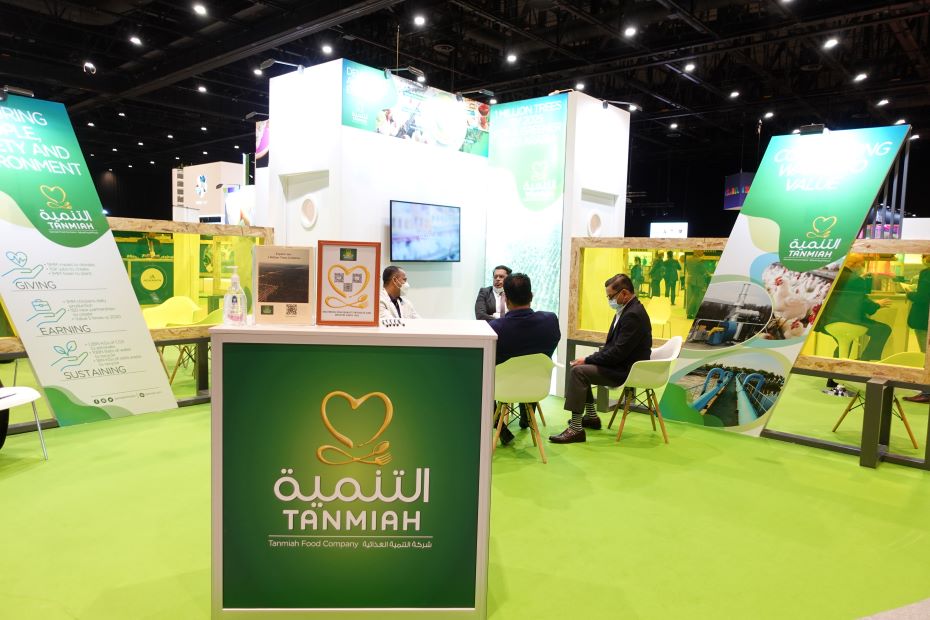 When McDonald’s announced it would discontinue the sale of halal chicken nuggets and chicken sandwiches at two restaurants earlier this week, it brought to light a thorny issue riling the Muslim-American community: inconsistent halal standards and fraudulent advertising and marketing of Islamically permitted products.
When McDonald’s announced it would discontinue the sale of halal chicken nuggets and chicken sandwiches at two restaurants earlier this week, it brought to light a thorny issue riling the Muslim-American community: inconsistent halal standards and fraudulent advertising and marketing of Islamically permitted products.
The United States is now home to thousands of halal-compliant food industry businesses, offering Muslim Americans a choice of offerings and convenience that earlier generations could only have imagined.
These problems surfaced when McDonald’s announced it would discontinue halal nuggets and sandwiches at two restaurants in Dearborn, Mich. The decision follows a 2011 lawsuit alleging McDonald’s falsely advertised non-halal chicken as halal. In January, McDonald’s paid $700,000 to settle the suit, but denied any wrongdoing.
It is not the first such settlement. In 2011, the Orange County, Calif., district attorney obtained a $527,000 settlement against the Super King Market in Anaheim, alleging the store falsely advertised generic and mixed meat as halal. The store denied wrongdoing.
“There is a lot of cheating,” said Syed Rasheeduddin Ahmed, founder of the Muslim Consumer Group, a halal certification and educational group in Huntley, Ill. “I am glad McDonald’s stopped the so-called halal chicken because they are not real halal.”
In part, the problem stems from the explosion of products racing to meet growing market demands.
The number of U.S. grocers with halal products has mushroomed from 10 in 1970 to more than 2,300 in 2012, while the number of restaurants serving halal food now exceeds 6,900, according to the Islamic Food and Nutrition Council of America, a halal certification andeducation group in Park Ridge, Ill.
U.S. consumers spent $11 billion on halal products in 2011, the nutrition council said.
“It’s a big market share,” said Timothy Abu Mounir Hyatt, managing director of Islamic Services of America, a halal certification group in Cedar Rapids, Iowa. “We have a lot of customers who understand the importance of complying.”
While halal-observant Muslims welcome the plethora of choices, many are also wary that some merchants may try and take advantage of their religiosity to pass off products that aren’t halal.
“So long as there are few legal protections, there are often unscrupulous merchants that get away with it,” said Shahed Amanullah, founder of zabihah.com, a website with listings and customer reviews of halal restaurants and grocers around the world, including several thousand in the United States.
Indeed, the zabihah.com website (the name refers to the term used for the Islamic ritual slaughter of an animal) includes many reviews in which diners call out restaurants they believe are falsely advertising halal.



